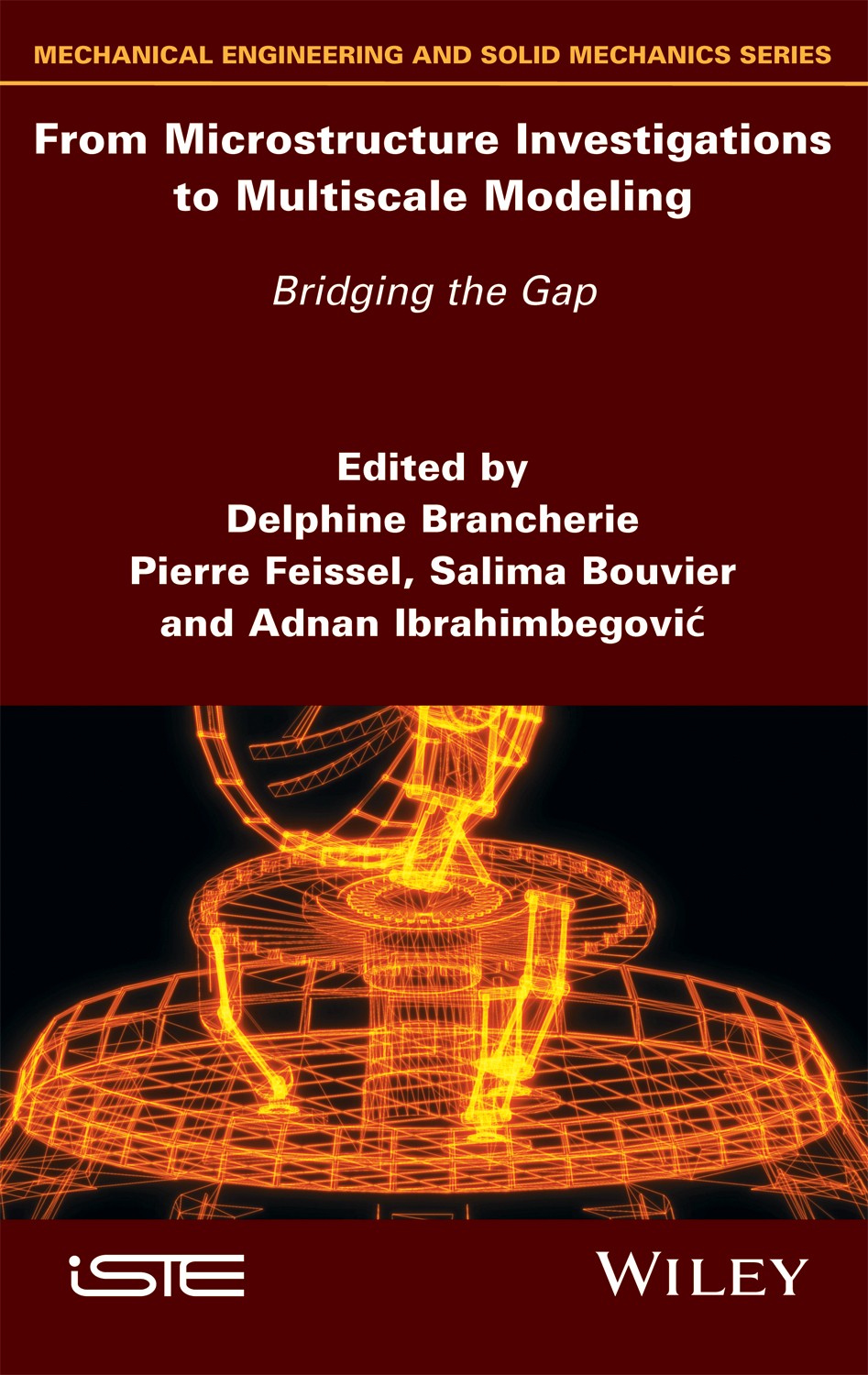
Mechanical behaviors of materials are highly influenced by their architectures and/or microstructures. Hence, progress in material science involves understanding and modeling the link between the microstructure and the material behavior at different scales. This book gathers contributions from eminent researchers in the field of computational and experimental material modeling. It presents advanced experimental techniques to […]
Mechanical behaviors of materials are highly influenced by their architectures and/or microstructures. Hence, progress in material science involves understanding and modeling the link between the microstructure and the material behavior at different scales.
This book gathers contributions from eminent researchers in the field of computational and experimental material modeling. It presents advanced experimental techniques to acquire the microstructure features together with dedicated numerical and analytical tools to take into account the randomness of the micro-structure.
Macro phenomenological models based on a fine modeling of the key phenomena at the micro-scale are presented and the influence of the parameters of the micro-scale models are analyzed in terms of their effects on the behavior at the upper scales.
Finally, this book illustrates how the increasing complexity of models brings challenging issues related to identification and simulation and presents on-the-edge numerical strategies to overcome those issues.
